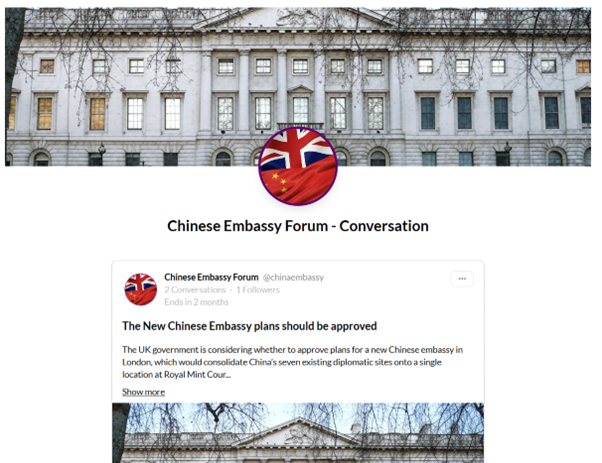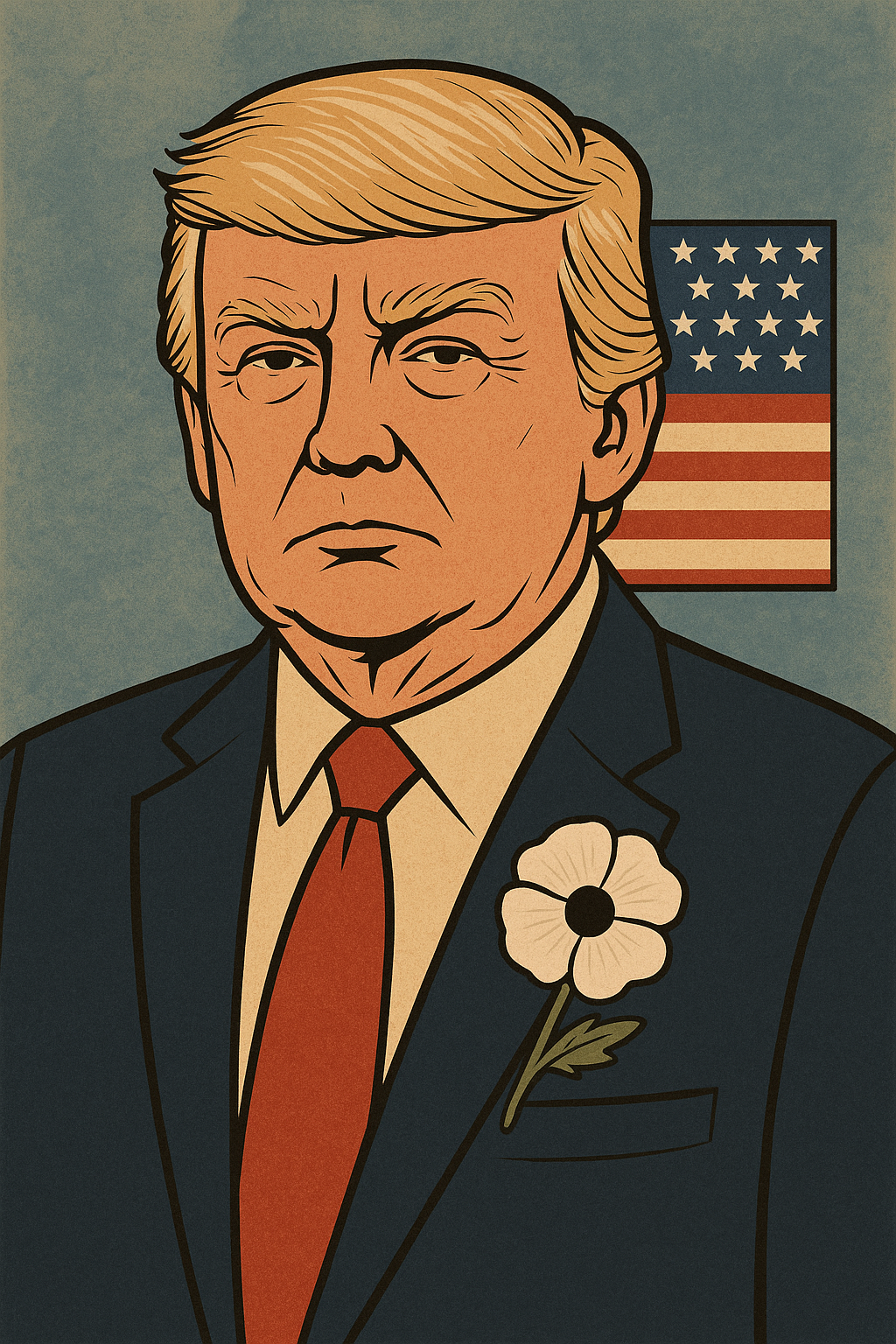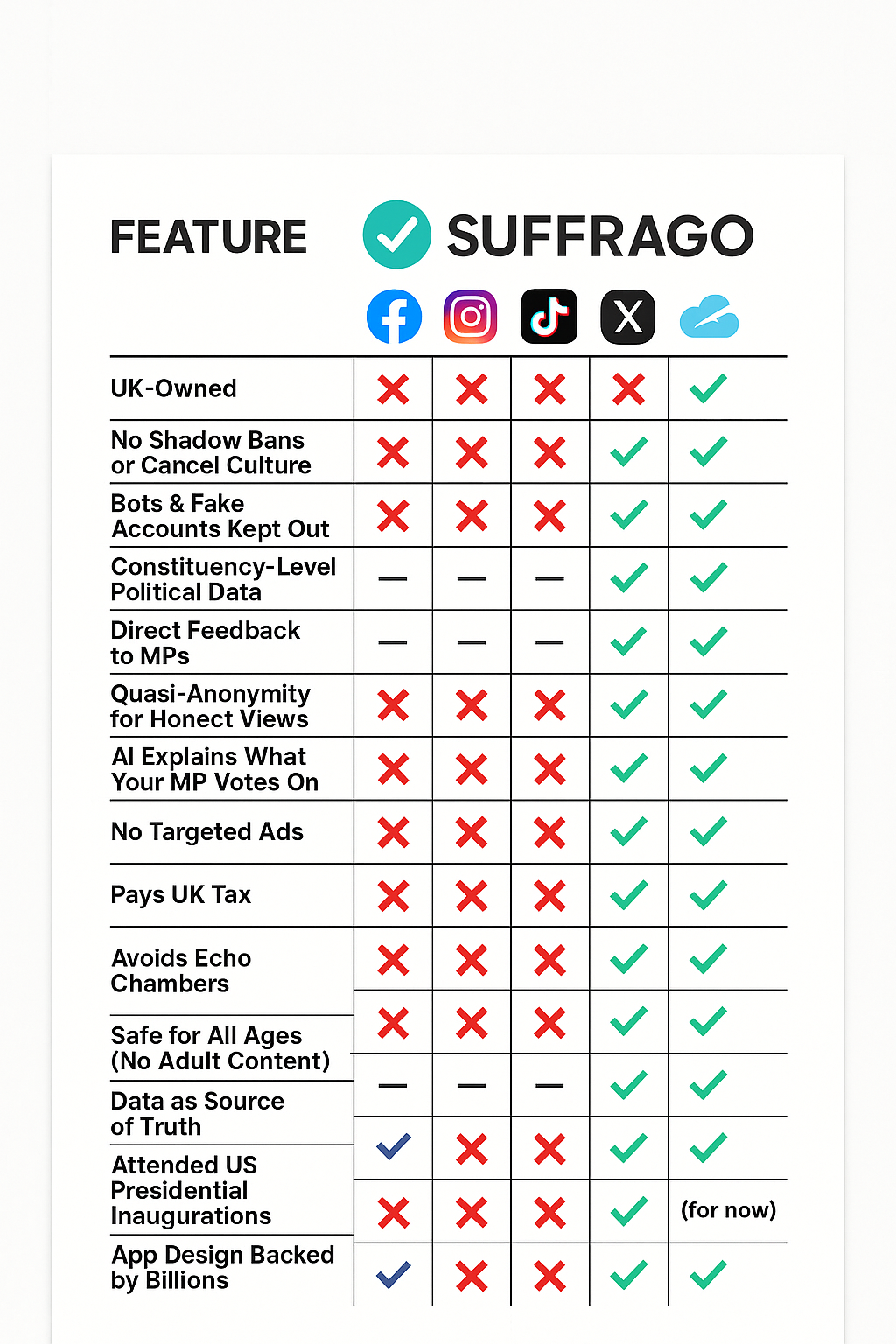This blog – like many of my blogs – is written on a plane. This time, I’m en route to Dublin – just for one day! – a place that I haven’t visited before. On this Ryanair flight, my son is sitting 30 rows behind me. This crazy day trip is his birthday present and my 45th country.
Whilst reflecting on the silliness of what we are doing, an observation – nothing particularly original – hit me: perhaps the best way to spend money and time (valuing time over money) is in the acquisition of memories. As a family, we have had many a lovely holiday together, yet nothing in particular springs to mind from these trips. Sure, we had a pleasant time – I think – but I’m left with no clear memories.
Positive memories can be enjoyed again and again, tens of thousands of times. These memories can’t be taxed, can’t be passed down, nor halved upon divorce. I suspect that people who regard themselves of having had a life worth living possess a bucketload of positive memories. If this is true, we might want to recalibrate what we choose to do, what we tax and who we should admire and who we should pity.
But what price a fond memory? It seems to me that, as a society, and for me personally, we haven’t found a method to value a memory. Would it make sense to score positive memories out of five and then attribute a financial number to each memory? For example, a “Level 3” positive memory could have a financial value of, say, £10,000 to a 44 year old. And, rather than calculating our net-worth in purely financial terms, should we work towards a Positive Memory Net-worth?
Such bonkers and newfangled thinking would, I think, reconfigure what we all do. When making a decision, such as – should I spend £500 on a hot air balloon ride, or spend a week in a yurt in Outer Mongolia at a cost of £3000 – would the memory be “worth it”? By the same logic, boring and unmemorable tasks ought to be avoided with greater zest.
And it then follows that the younger we are when we have these positive memories, the more enjoyment we will have throughout our lives. Therefore, positive memories earlier in life should carry more value than those later on. If so, we should replace career counsellors with Positive Memory Counsellors.
But our memory plays tricks on us, with many a great memory fading away. That being so, we should develop the most optimal method of capturing positive memories and we should share our best practices with others.
Of course, cameras on mobile-phones capture an element of an event, and social media can capture our (usually non-candid) thoughts about what we did. But I wonder whether the writing of a diary – as I do – or the repeated and deliberate discussion of a positive event, is the optimal way of preserving a valuable event. Alternatively, write a blog!
(Amusingly, this postscript is written in Edinburgh, where we were forced to spend the night (without a change of clothes or toiletries) for our plane back from Dublin was diverted here due to strong winds in Leeds-Bradford. Financially, all extra costs will be borne by Ryanair: thank you Ryanair for these additional and unexpected memories. In a sensible world, I should now owe you!).










